
According to Jack Vinijtrongjit, the co-founder and CEO of the Web3 infrastructure company AAG, more prospective users will be drawn to decentralized finance (defi) and non-fungible tokens (NFTs) if tools that help them avoid falling prey to scammers are developed and deployed. Vinijtrongjit argued that the need for such tools will even become “more crucial” if and when the much-talked-about widespread adoption of Web3 becomes a reality.
Onus on Industry Participants
While he acknowledged the key role that education can play in making Web3 a safer space for new users, Vinijtrongjit insisted that the onus for solving this problem rests on the shoulders of industry participants. He told Bitcoin.com News that this is especially true at the latter stages of mainstream adoption of emerging technologies.
Turning to the regulation of Web3 or the lack thereof, the AAG co-founder said he concurred with those who believe that a lack of regulation makes mainstream adoption harder. In written responses sent via Telegram, the co-founder also suggested that the non-regulation of the space is particularly challenging for regulated enterprises seeking to be exposed to digital assets or NFTs.
Vinijtrongjit also explained why his company has eliminated the need for private keys or seed phrases and how this can help make life much easier for new users. Below are the AAG co-founder’s answers to all the questions sent.
Bitcoin.com News (BCN): When new users start interacting with defi, Web3 or NFTs, they sometimes make mistakes or fall prey to scams. Besides educating such users, what else do you think needs to be done to stop them from making such mistakes or falling for scams?
Jack Vinijtrongjit (JV): You’ve mentioned education, which is hugely important, of course. The more that people can understand the technologies they use and the risks they’re faced with, the better. But you asked what can be done to prevent problems, such as scams, besides educating individuals. The answer to that, of course, is that we need preventative measures. The tools we use need to be able to identify and mitigate problems without giving users the chance to — or handing them the responsibility of — potentially making fatal errors. This is only going to become more crucial as the kind of widespread adoption often talked about becomes a reality.
When you’re in the early adopter phase we’re currently in, many users are going to have a high level of technical proficiency and may be more cognizant or forgiving of issues such as scams. But it’s unfair to expect that every user is going to have that same level of understanding, or willingness to put in the time to learn to avoid these problems. And why should they have to? The industry needs to solve this problem. Especially since, as technologies enter the latter stages of mainstream adoption, the threshold for adoption becomes lower and products that win therefore have to remove as many hurdles as they can. Encouraging education on the part of users is good, but it shouldn’t be a crutch used for putting the onus on users to solve their own problems.
BCN: Your wallet known as Metaone is said to have eliminated the need for private keys and seed phrases. What is the reasoning behind this move?
JV: Not everyone is a security expert; nor should they have to be. Early adopters have used private keys and seed phrases because, frankly, they didn’t have a choice. Now they do. That’s what we’re doing at AAG: eliminating the need for these private keys and seed phrases, while still offering users a level of control and ownership of their digital assets. It’s still self-custody: only the user has access to their assets. I believe this is the way of the future.
BCN: While the elimination of private keys and seed phrases is likely to bring forth positive results as you say, some might argue that this goes against the very essence of decentralization. What would be your response to this?
JV: Why does it go against decentralization? The foundation of decentralization is that you have ownership and control of your assets. You are the only one who can access them. That remains true regardless of whether a wallet uses seed phrases or not.
BCN: Even though the industry has got many things right there is still a lack of useful things that can be done at the consumer level. What are some of those useful things that would get users hooked on Web3 solutions?
JV: Back in the early days of the personal computer, there were a few applications – like VisiCalc on the Apple II – that were considered “killer apps,” meaning applications that were so compelling that they alone would get you to pay up to buy a computer. I think we’ve long since moved past this. Look at the apps on your smartphone and compare them to the ones on mine: Everyone has their own killer app today that makes these devices compelling.
We’re no longer in a monoculture. The same is true in Web3. There are different tools that are going to appeal to individuals. Tokenizing real estate, carbon credits or CRM for retail, all of these could prove to be killer apps for certain markets or users. With that said, I think we’re still in search of that “ChatGPT moment” that makes this mainstream and gives people a reason to care. It has to be something that people do daily. For that reason, in my opinion, some of the most interesting tools in this space have to do with commerce. That could be a game-changer for both people and brands.
One use case I think is immediately understandable concerns the secondary market for physical goods. NFTs solve the friction that accompanies our current paradigm, in which an item has to be physically mailed to real authenticators to prove that it is genuine. By using NFTs, once an item has been authenticated it can be safely stored in one location and then traded as many times as you want, with all of those transactions stored on the blockchain – proving both authenticity and ownership. That’s a win for both the consumer, for the reasons I articulated; for the brand, which can claim a royalty fee for every trade; and also for the environment.
BCN: Your company is said to be building products to bridge the gap between Web2 and Web3. Can you tell us about these and how they could help users and enterprises transition to Web3?
JV: AAG is building an ecosystem of products focused on ushering businesses and users into the world of Web3. If we have an overarching goal, it’s to make Web3 access as simple, straightforward and, yes, as pain-free as the Web2 tools people are already using. We’re trying to eliminate the challenges that might halt adoption – for instance, Metaone wallet eliminating seed phrases and private keys, or our blazing fast and gas fee-less L2 blockchain on Oasys, called Saakuru. We’re also advising businesses on how to experiment and implement Web3 solutions in a way that is fast, effective and, critically, doesn’t cause disruption to their business.
BCN: Recently, there’s been a lot of chatter about gamifying the user experience. Do you believe that a gamified user experience could help Web3 apps boost engagement and make the transition easier for new users?
JV: I’m a big believer in gamification. Web3 lends itself very well to gamification because Web3 is also about incentivization. Every network has some kind of token or reward structure. People get rewarded for participating – and participating earlier, because the rewards are maximized. Those are the key tenets of gamification.
Gamification is a great way to increase engagement and, ultimately, to bring in more users. Recently, AAG launched Tomoone, an NFT-based game that’s designed to educate MetaOne users about the possibilities of Web3 through a fun, interactive experience. By taking care of your Tomo virtual companion and keeping it happy, users get to learn about using a crypto wallet, exploring Dapps, and minting NFTs. It’s just one illustration of how we’re exploring gamification in this space – but I think it’s a very, very rich terrain to explore.
BCN: Do you believe that the lack of regulations is hurting the growth and adoption of Web3? If yes, how would clear regulatory frameworks help shape the future of Web3?
JV: The way I see this is that, for some people, the idea of a Wild West environment free from regulation is going to be very exciting. But it’s going to make mainstream adoption harder. For example, right now we’re seeing a lot of discussion from the SEC about whether certain cryptocurrencies qualify as securities or utilities. That could have a significant impact on their valuation and may put off investors.
The lack of regulation is also making it tougher for enterprise users, because they see an area that could be subject to regulation, or where certain rules are undecided, and steer clear of Web3 altogether as a result. Clarifying these rules is therefore very important. For that reason, I don’t view well-implemented regulation as being a negative. It just needs to be created in collaboration with the people familiar with this space to ensure that it provides guidance and standards that help build Web3 in a constructive manner, rather than stifling innovation. But “perfect” can be the enemy of “good” – meaning that, on balance, it’s better to have regulatory frameworks that can evolve if they turn out to be ill-suited, rather than having none at all because it’s considered to be too complex.
Editor’s note: Non-custodial wallets with seed phrases and private keys in the user’s exclusive control allow assets to be maintained even in the case of loss of a device or shutdown of one particular wallet service. As such, users should do their own research before using any service where the mechanics of crypto ownership are not made clear, and/or private keys are not in their exclusive control.
What are your thoughts about this interview? Let us know what you think in the comments section below.

You can get bonuses upto $100 FREE BONUS when you:
💰 Install these recommended apps:
💲 SocialGood - 100% Crypto Back on Everyday Shopping
💲 xPortal - The DeFi For The Next Billion
💲 CryptoTab Browser - Lightweight, fast, and ready to mine!
💰 Register on these recommended exchanges:
🟡 Binance🟡 Bitfinex🟡 Bitmart🟡 Bittrex🟡 Bitget
🟡 CoinEx🟡 Crypto.com🟡 Gate.io🟡 Huobi🟡 Kucoin.



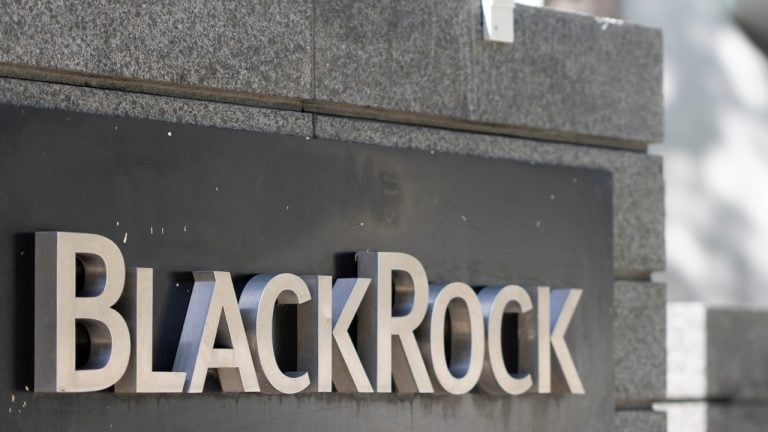
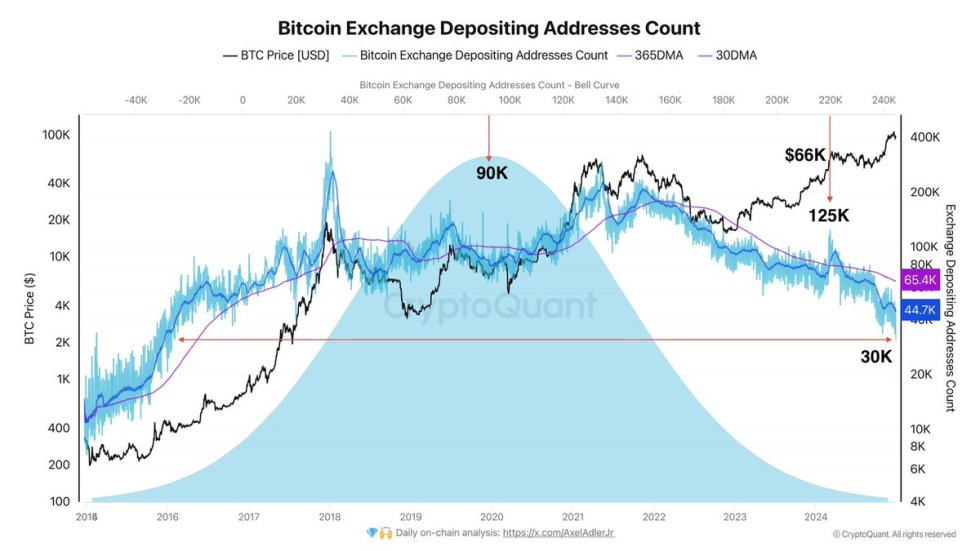









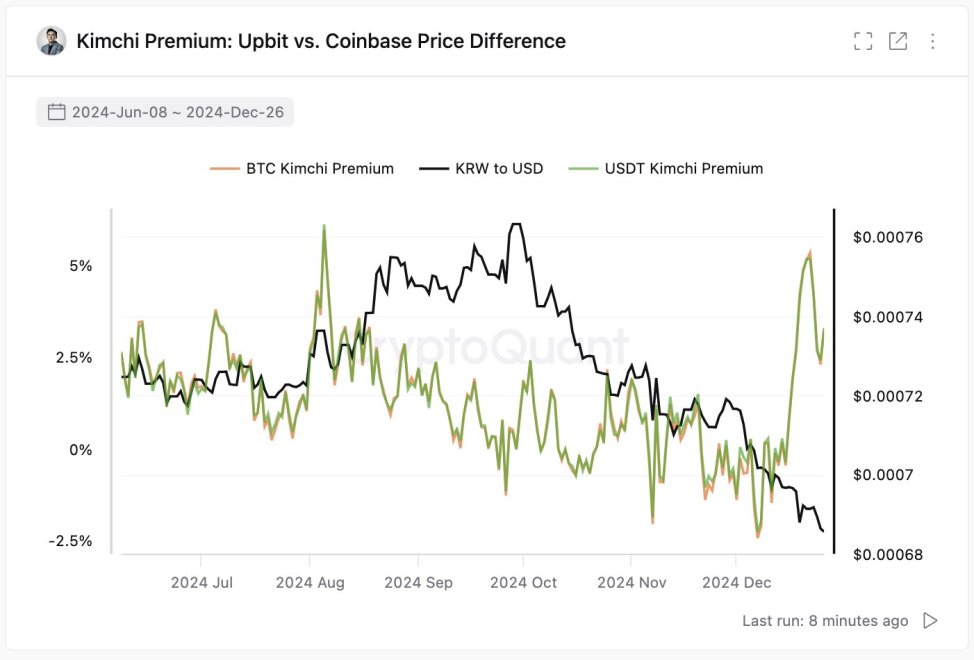

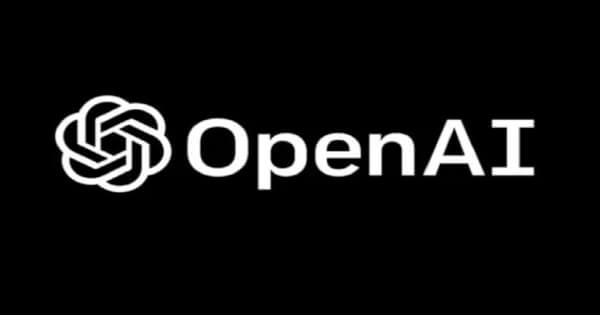


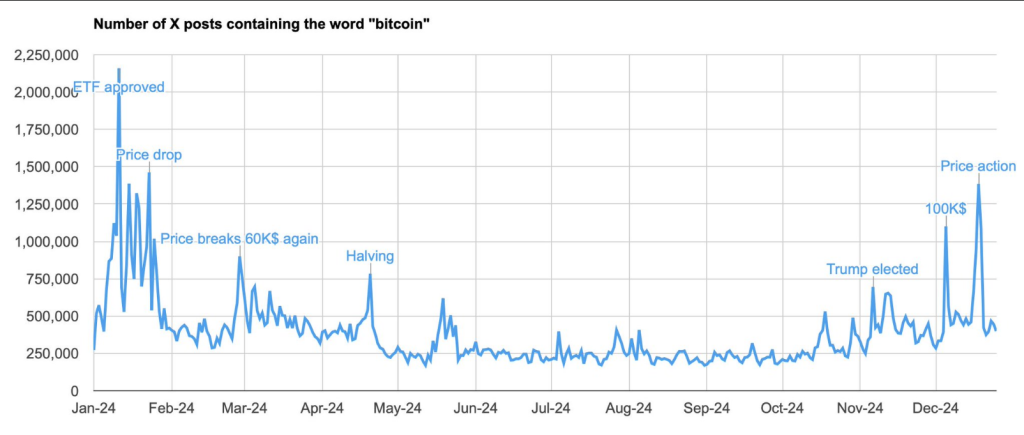
Comments